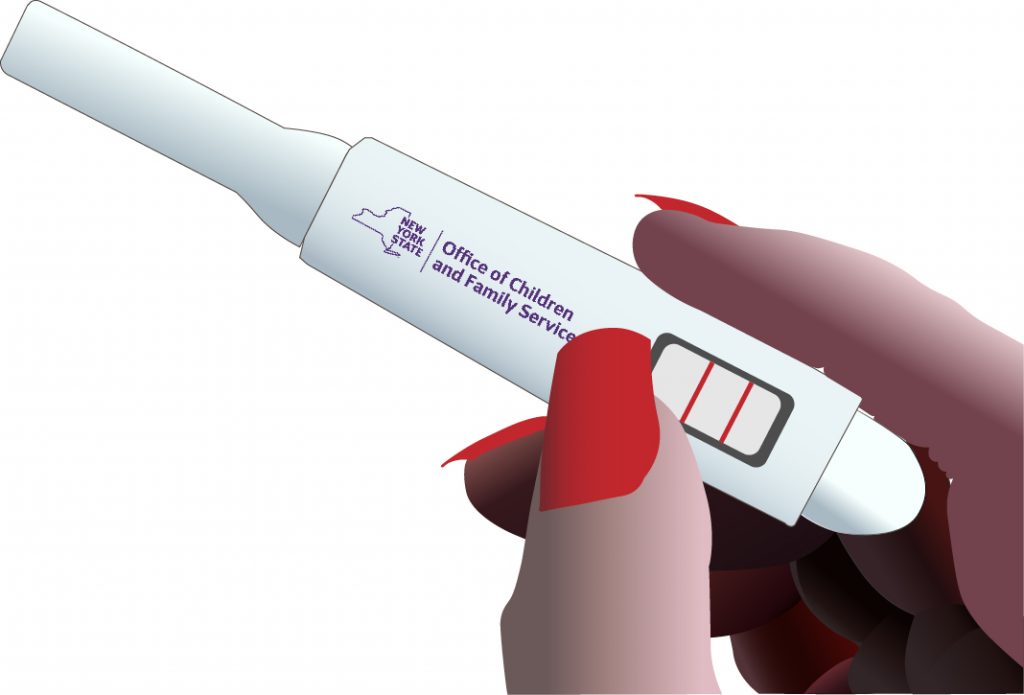An amendment to protect reproductive rights in New York state will be on the 2024 ballot.
On Jan. 24, 2023, the New York State Legislature passed the Equal Rights Amendment, which will be on the ballot in November 2024. If ratified by voters, the Equal Rights Amendment will protect the right to an abortion in New York state, and provide a safeguard against discrimination toward women and LGBTQ+ people seeking gender-affirming care. This amendment also includes the Reproductive Freedom and Equity Program, which will establish a grant fund to improve access to abortion across the state.
New York state was one of the first states to legalize abortion in 1970. According to the New York Times, this led to New York state becoming a “magnet state” for women across the country looking for safe, legal abortions prior to Roe v. Wade. According to a Pew Research Center study, the percentage of adults in New York state who believe abortion should be legal in most or all cases is around 64 percent, meaning the right to choose is still a commonly held position in the state.
Lea Webb, New York State Senator for the 52nd District, chair of the Committee on Women’s Issues and former diversity education coordinator at BU’s division of diversity, equity and inclusion, is a prominent supporter of the passing of this amendment in the State Senate. In a press release from the New York State Senate Democratic Majority, Webb reiterated New York’s history of backing reproductive rights.
“New York is proud to have some of the strongest laws protecting reproductive health in the country,” Webb said. “However there is always space for us to strengthen those laws and protections as well as do what we can to expand access to all New Yorkers. I am proud to serve as the Chair of the Women’s Issues committee and see legislation like this make it through my committee and onto the floor, giving us the opportunity to demonstrate to the state of New York and to the rest of this country that we stand behind people’s reproductive health rights and that we will continue to fight to defend them.”
In 1973, the Roe v. Wade Supreme Court decision created a precedent for the right to abortion in the United States. The overturning of this landmark court case in 2022 limited access to abortion in many U.S. states. Thirteen states in the United States had trigger laws — meaning that abortion would effectively be banned in these states as soon as the constitutional right to it was thrown out. Many other states limit access to abortion through regulations such as long waiting periods, gestational limits, refusal and physician and hospital requirements, according to the Guttmacher Institute.
Abbey Scherer, the president of the Binghamton Pro-Choice Coalition (BPCC) and a junior majoring in social work, explained the obstacles to abortion that some may face.
“I think that the amendment is a step toward properly addressing the disproportionate lack of access to health care, specifically reproductive and gender-affirming, faced by people of color, the LGBTQIA+ population and people of low socioeconomic status,” Scherer wrote. “In Broome County, there is only one health center that performs abortions. Southern Tier Women’s Health Services is serving Broome County’s population, as well as overflow patients from Pennsylvania. The Reproductive Freedom and Equity Program, which is included in this legislation, will hopefully aid in removing barriers that are faced by many Broome county citizens looking to access reproductive care.”
Emily Sadutto, vice president of BU’s Planned Parenthood Generation Action (PPGen) and a senior majoring in political science, expressed PPGen’s thoughts on the new amendment and the limited abortion options in the Southern Tier.
“We also believe this amendment will continue to support the reproductive rights of people with uteruses across the state, including in the Southern Tier,” Sadutto wrote. “Currently, there are limited options for abortion care in this area. We are hopeful this amendment encourages more access to essential reproductive health services within our area.”



